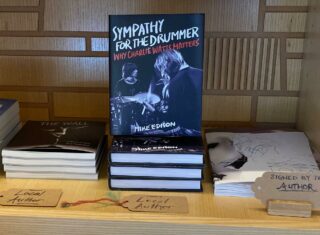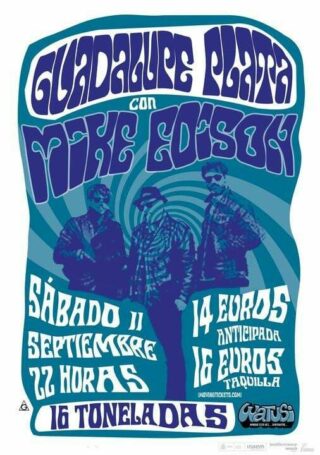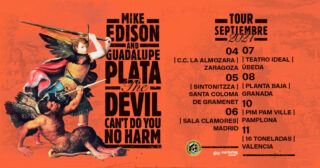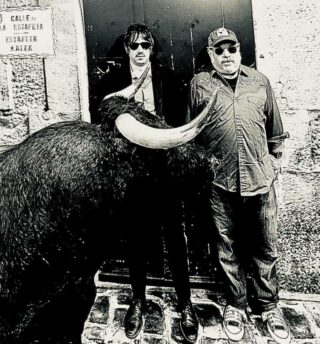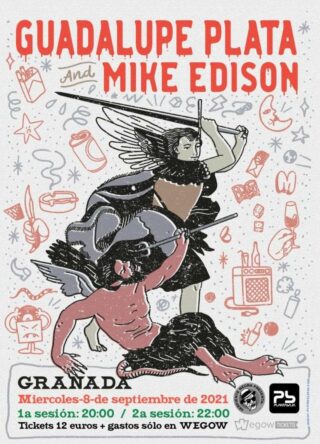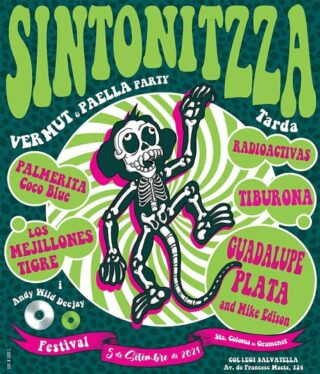HOW THE ROLLING STONES WON THE DISCO WARS
Excerpt from Sympathy for the Drummer – Why Charlie Watts Matters
by Mike Edison
Most disco songs are just slightly quicker than the average resting heartbeat of a moderately excited adult human, enough for a thrill, but without actually being threatening, like that demonic rock music. Listening to disco actually raised your pulse beat and gave you a cheap rush, but it didn’t kill you, either, which is why disco was so popular at bar mitzvahs as well as in actual discotheques: because it was the perfect tempo for dancing, doing drugs, and fucking all night long, but Grandma could do the Hustle with little chance of falling over dead.
Saturday Night Fever, which was as much a catalyst for the late 1970s mainstream disco boom as anything else.
What a lot of people have forgotten is that disco had as much to do with fashion as it did with music, so no wonder newly minted disco disciples found themselves at cross purposes with the kind of rock fans whose idea of a good time was to see Molly Hatchet or the Outlaws or Foreigner or what was left of Black Sabbath in a hockey arena, where the popular fashion was a worn concert jersey and faded blues jeans. These were the people who brought the cherry bombs to the shows. They were animals! And not that their ranks were rife with philosophy majors, but they sure seemed hip to the transcendentalist ethos “Beware all enterprises that require new clothes.”
And so, the Disco Sucks movement, such as it was, blossomed like a bad case of eczema.
Much has been written about the whole blot, with a lot of earnest vitriol accusing white rock fans who couldn’t accept a challenge to their own monoculture as being homophobic and racist, and defended by same white dudes calling bullshit: they hated disco because they couldn’t find a white three-piece suit that fit their beer-bellied, Shmoo bodies, and anyway, why all of a sudden did they have to give up the very essence of their identity as fun-loving lunks who loved guitar rock to worship a polyester calf? Most of the mid-western, hard-rocking Bob Seger fans who hated disco weren’t sophisticated enough to know that disco even had Latino and gay and African-American roots. America is a big country, and out in suburbia, you got the shopping mall version.
No one I knew didn’t like the the Village People because they were assumed to be gay, mostly everyone I knew (A) liked them because the only two songs anyone ever heard by them were funny and catchy enough, or, (B) were completely indifferent or dismissive because it was just a bunch of guys playing dress up and dancing to prerecorded music, just a harmless novelty act, not as cool as the Banana Splits had been, but then, you can never really have it all, at least not all at once. The fact that they were gay icons wasn’t a thing in suburbia, a place where jocks went to football stadiums to see a band called Queen. Either no one got it, or no one cared.
Meanwhile, the big secret was that discotheques were safe spaces for rich people. That’s why there were so many aging celebrities there — it was approved decadence. Disco was mama’s heart beat for insecure adults. It was a chance for a little bit of excitement without completely losing control. It was very repetitive. It was comforting. Discotheques were like giant wombs, that is if wombs had spinning silver balls and DJ booths in them.
As much as the great dance mixes were perfected in a glorious gay underground, it translated to suburbia with shocking ease. It was urbane with an edge, and it was on sale at the shopping mall. Suburban chicks loved it — anything to get their Led Zeppelin-lovin’ boyfriends out of their t-shirts and torn jeans. Unlike rock, at least disco smelled nice.
It was the establishment rock bands of the time being told by their record companies that they needed to get on the disco bandwagon if they wanted to move units, and these dinosaurs, living in fear of extinction, actually went along with it. We had come a long way since Elvis and Little Richard and the savage power of the individual, indeed.
And so we got rocker Rod Stewart plodding along with “Da Ya Think I’m Sexy?”; the Kinks, who got their start as proto-punk British Invasion upstarts before becoming ponderous, Beatles-influenced art rockers, were now having a go at the disco thing with “Superman;” craven hard-rockers KISS proved once and for all that they had zero shame and less scruples with “I Was Made for Loving You;” and even countrified cokeheads and cosmic cowboys like the Eagles and the Grateful Dead each took a stab at the spinning mirror ball with “One of These Nights” and “Shakedown Street,” one of the few disco songs designed primarily for pot heads. Even smarty pants prog-rockers Pink Floyd managed to glue a disco beat onto their contrived dystopian light show to score a no. 1 hit. When it came to rock’n’roll, hoo boy, the culture had really shit the bed.
So how did the Rolling Stones, the Greatest Rock’n’roll Band in the World snake by with their disco bid, “Miss You,” the first song on their monstrously popular Some Girls record in the summer of 1978?
Well, for one, they were really good at it. They made disco sound greasy and wet.
Mick and Charlie, at least, were long-time fans. They weren’t Johnny-come-latelies to club music, they had been trolling international dance floors for years, Mick making the scene and boosting riffs for the next Stones record, and Charlie just digging the music.
Charlie was no moldy fig—he may have been in a lifelong romance with Charlie Parker, but that didn’t mean he couldn’t hear what was happening around him, and he he fell in love with the Philadelphia sound when it was exploding in the early 1970s, especially the mighty shwoop of its first great drummer, Earl Young, who seemed to be on every hip dance record for a while there, from the the Intruders “(Win, Place, or Show) She’s a Winner” to the O’Jays “Love Train” and “Back Stabbers,” Harold Melvin and the Blue Notes “The Love I Lost,” not to mention tons of stuff with the Trammps, including “Disco Inferno,” plus sessions with the Spinners, the Stylistics, MFSB, and dozens more.
So when the Stones cut "Miss You,” as much as it was obviously another grand Mick idea to stay au currant (it took Keith some convincing, but ultimately he saw the wisdom in Mick’s madness), you can’t say they were selling out — They had been playing great black dance music for years, and had just changed the hi-hat shwoop with the times. They had a bad track record for chasing trends, but when they got it right, they owned it.
As it turned out, they were an incredibly good disco band (aside from “Miss You,” their other great disco numbers include “Everything is Turning to Gold,” “Dance” (Pts. 1 & II)", and “Emotional Rescue”), or more likely, an incredibly swank rock’n’roll band who could give it up and turn it loose . There was the anticipation in the groove, and the penetration, as it should be, was left to whatever happened after closing time. It was, in a word, exciting.
Cranky rockists may have pooh-poohed it, but just for a second — because Some Girls wasn’t dominated by disco songs, it was dominated by Rolling Stones songs, and “Miss You” was just one of them.
At the same time they were laying claim to the dance floor, they were also proving themselves a great punk-rock band, and a top-tier country band who dabbled in jazz and torch songs.
Actually, for a gang that had been copping Marvin Gaye and gigging with Stevie Wonder, not to mention lashing out with “Street Fighting Man” and “Happy” for years, they were uniquely suited to play disco and punk – they had been at it for years, they just called it something else.
Copyright Mike Edison 2019
Published by Backbeat Books, November 2019
Buy it now on Amazon: https://amzn.to/34aMO0A
www.mikeedison.com
Continue reading

